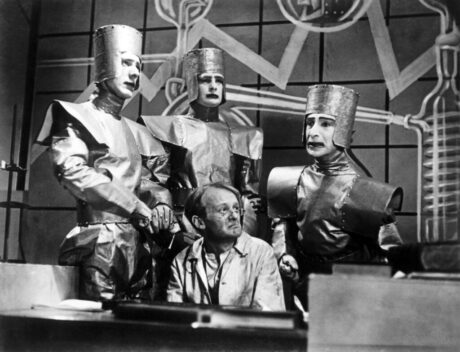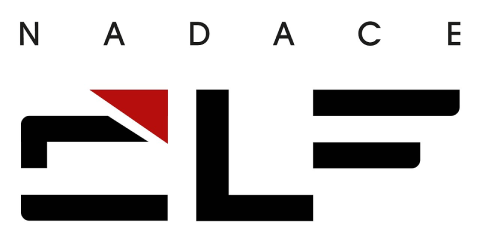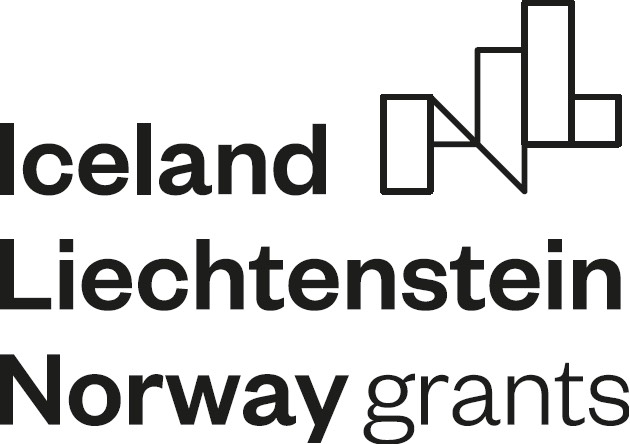Divadelní noviny > Burza Zprávy
Martin Revermann: The Theater of Science
Další z cyklu Přednášek Teatrologické společnosti se uskuteční na půdě Katedry divadelních studií (učebna G01, Gorkého 7). Uvítáme zahraničního hosta katedry profesora Martina Revermanna z univerzity v Torontu. Přednáška se uskuteční v anglčtině, proto tiskneme anglicky i originální pozvánku.
Martin Revermann: The Theater of Science
středa 10. dubna od 17.00, učebna G01 (Gorkého 7, FF MU)
Online
Jazyk: angličtina
The Theater of Science
The recent pandemic has made it abundantly clear that scientific insights need to be communicated effectively so that the general public understands and ‘buys in’ by changing its behavioural practices collectively. Persuasive social theatre and suggestive performance techniques are crucial parts of such scientific communication strategies. In other words: the sciences need the theatre! This need will only grow in the future, as the vast majority of key sciences in the 21st century will be ‘embodied sciences’, i.e. sciences which affect the human body (individually and collectively) in very concrete ways: genetics-based medicine (including individually tailored vaccine treatments); environmental sciences; and Artificial Intelligence which will re-configure the relationship between the human body and its non-human counterparts.
I will discuss how in some (famous) scientific contexts theatre-and-performance art has been utilized to communicate novel and paradigm-changing insights. This include scientific experiments which have the character of ‘science spectacles’ and can fruitfully be analysed along the lines of theatre and performance (Foucault’s pendulum being a particularly notable example). In the main part of the lecture I will focus on the other side of this equation, i.e. how the theatre as an embodied communicative medium continues to interact with the sciences. Four key aspects will be considered: the scientist as a problematic hero; science and religion; science and power; and the relationship between science and language. To illustrate my points I will draw, to various degrees, on several plays, spanning 2500 years of thinking with and through the medium theatre: Aristophanes’ Clouds (423 BCE) , Karel Čapek’ Rossum’s Universal Robots (1920) and Bertolt Brecht’s Life of Galileo (1955/56).
In the final section of the lecture, I would like to build on the insights previously gained to initiate further collective discussion: how can theatre and performance in the future facilitate public education and enable critical public discourse regarding science, especially those ‘embodied sciences’ which will fundamentally re-shape our lives in the decades to come? Particular thought will be given to pedagogy at the university level and the benefits of an integrated theatre/science approach.
Martin Revermann is Professor of Classics and Theatre Studies at the University of Toronto. He is a classical philologist and cultural historian, with particular interests in theatre (especially ancient Greek and 20th-century European theatre), translation, Bertolt Brecht, ancient Greek religion, lyric poetry (both ancient and modern), the history of science as well as modes of comparatism. His monographs are Comic Business. Theatricality, Dramatic Technique and Performance Contexts of Aristophanic Comedy (Oxford 2006) and Brecht and Tragedy: Radicalism, Traditionalism, Eristics (Cambridge 2022). He has edited or co-edited five other books: Performance, Iconography, Reception. Studies in Honour of Oliver Taplin (Oxford 2008), Beyond the Fifth Century: Interactions with Greek Tragedy from the Fourth Century BCE to the Middle Ages (Berlin/New York 2010), The Cambridge Companion to Greek Comedy (Cambridge 2014), A Cultural History of Theatre (Vol. 1: Antiquity) (London 2017) and Semiotics in Action (Brno 2020). Revermann was trained as a Classicist in Germany and the UK, and holds a doctorate from the University of Oxford (where was a Rhodes Scholar). He also held research fellowships at Oxford University (Merton College), at Harvard’s Center for Hellenic Studies, at the School of Advanced Study (London) and at Cambridge University (Pembroke College). In 2022 he was awarded the Humboldt Prize for his work.
Komentáře k článku: Martin Revermann: The Theater of Science
Přidat komentář
(Nezapomeňte vyplnit položky označené hvězdičkou.)





